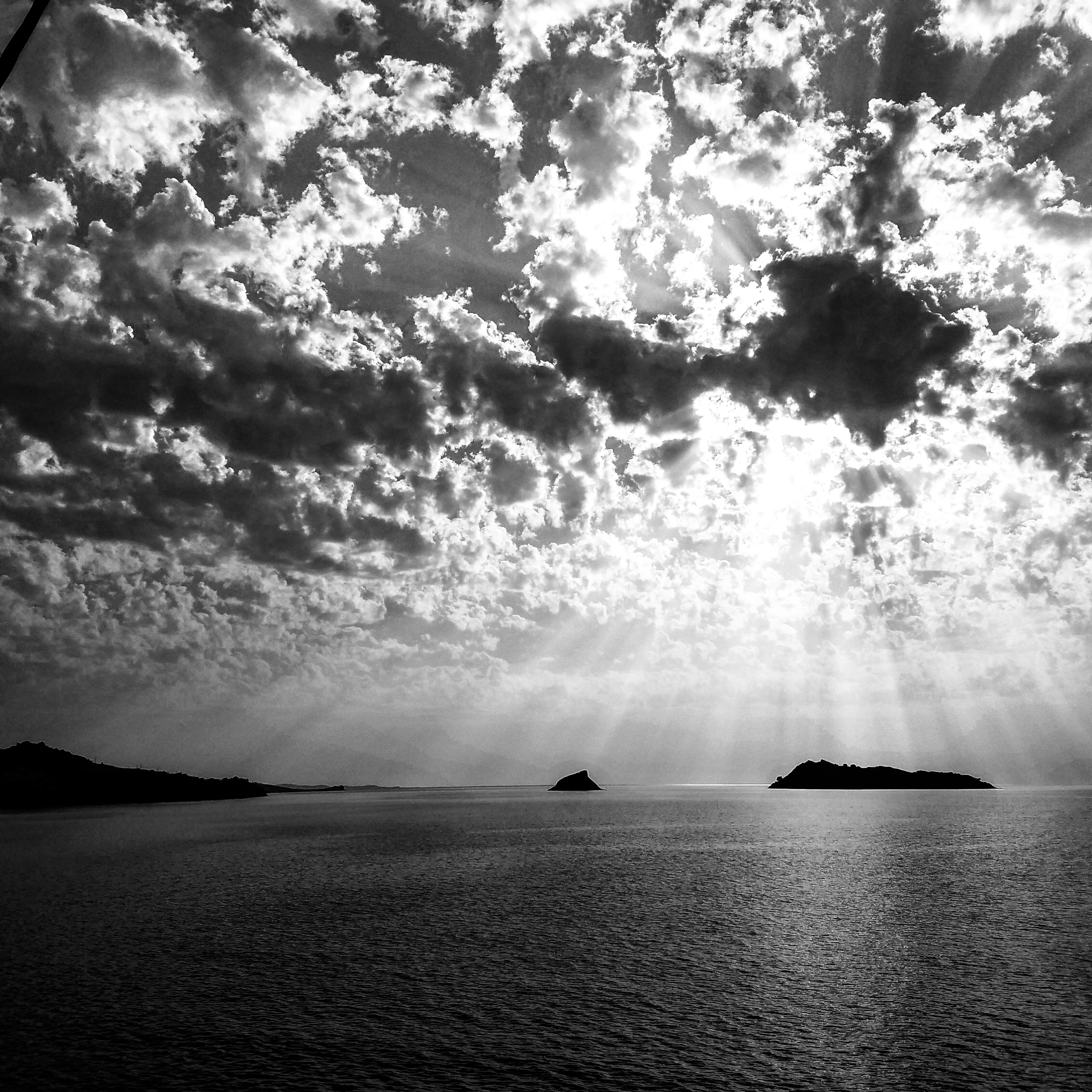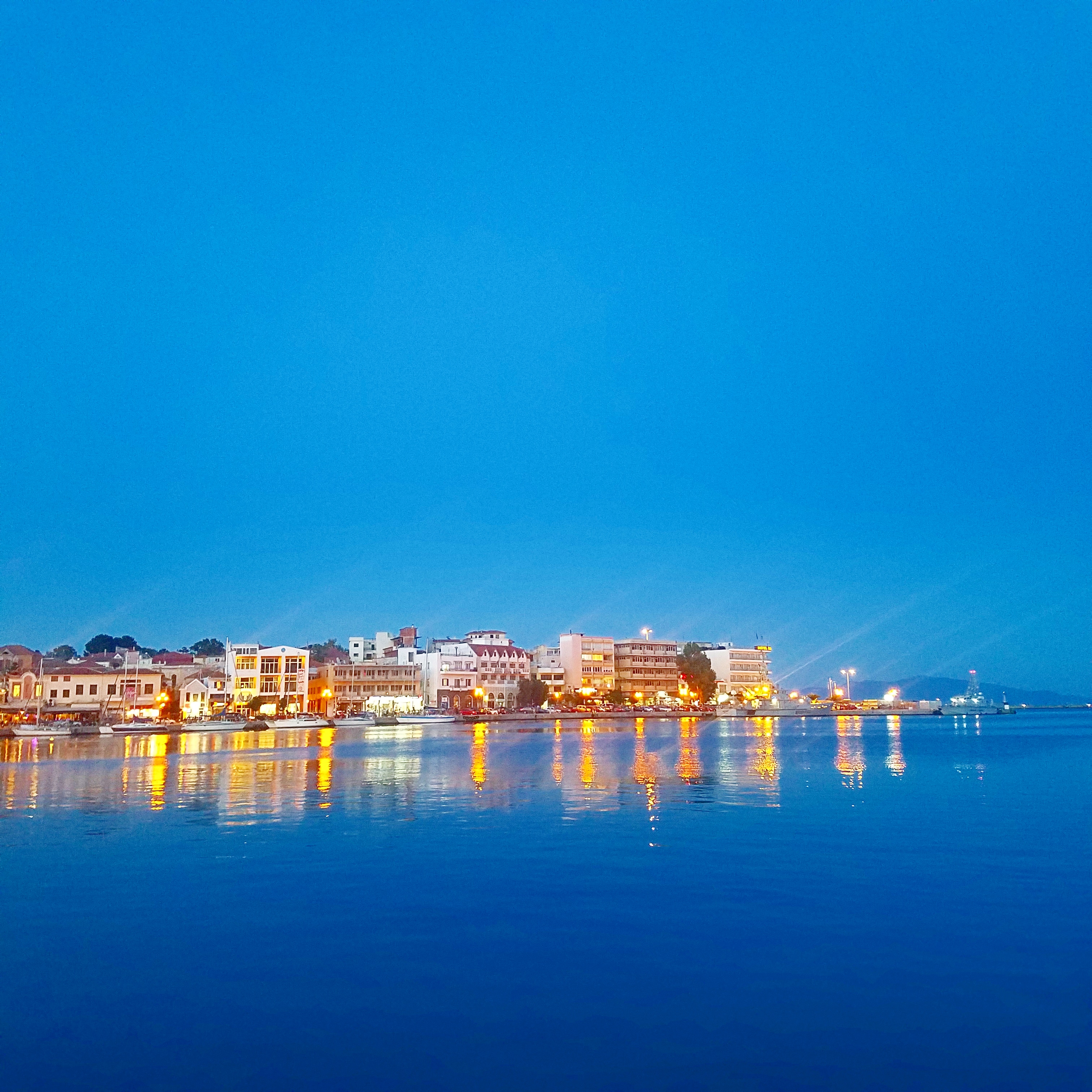
Each summer, students from SGPIA spread out across the world as part of the International Field Program (IFP) and Studio Programs! Students conduct independent research, contribute to the vital work of local non-profits, NGOs, and government agencies, and gain invaluable international experience. This summer, our students are living, working, and learning in Argentina, the Balkans, Colombia, Cuba, Ethiopia, and South Africa. The IFP and Studio Correspondents will be the eyes and ears in the field to help us tell the stories of the summer. Check back to learn about each of the field sites.
My post-semester week of solitude and serenity on Lesvos was abruptly disrupted with the arrival of my five colleagues off the 13 hour ferry from Athens. Our fieldwork began in in earnest, with their exhausted state of arrival foreshadowing the intensity of the week ahead. We would meet with many people, see many sights, ask too many questions, and eat entirely too much feta.
Part of our time has been spent on our collective field project helping a local Greek lawyer, Emmanouil, develop cases aiding asylum-seekers. This work has given us unprecedented insight into the inner-workings of the entire asylum process, revealing a level of complexity unfortunately expected from a continental bureaucratic political machine. We have also had an opportunity to help some small refugee groups more directly, volunteering with a local NGO to serve a free meal to a group of African men and two Muslim families, the latter of which were waiting patiently until dusk to eat as part of their observance of Ramadan. The smiles on their faces and the authenticity of their after-dinner dancing is enough to warm even the most cold of hearts. All of this work has given us just the slightest peek into the lives of the refugees. War and love, loyalty and deceit, triumph and failure; these are lives that have collectively run the gamut of human experience amplified by the intensity of the migration “crisis.”
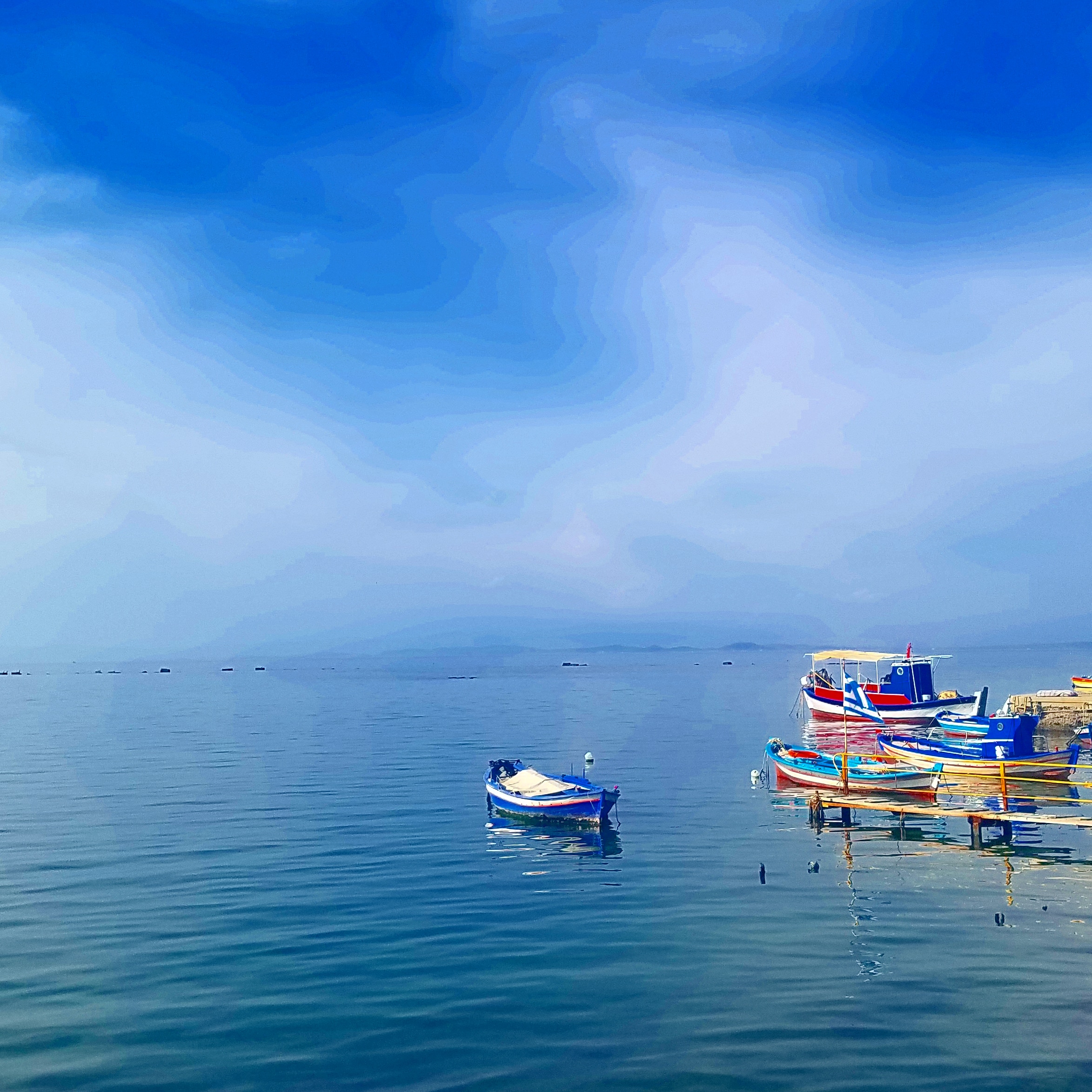
My interactions with the Greek locals have highlighted some of the contrast between everyday North Aegean island life and the often decrepit, stagnant, and pervasive situation of thousands of asylum-seekers just up the road from the main town, Mytilene. Moments of reflection and gratitude become almost mentally mandatory before partaking in any kind of pleasurable activity. My own experience helping in a refugee camp here this past January reminds me that there is always work to be done. The aid workers and volunteers, the third group in the trifecta along with asylum-seekers and locals, exemplify this selfless-service attitude, sometimes to an extreme.
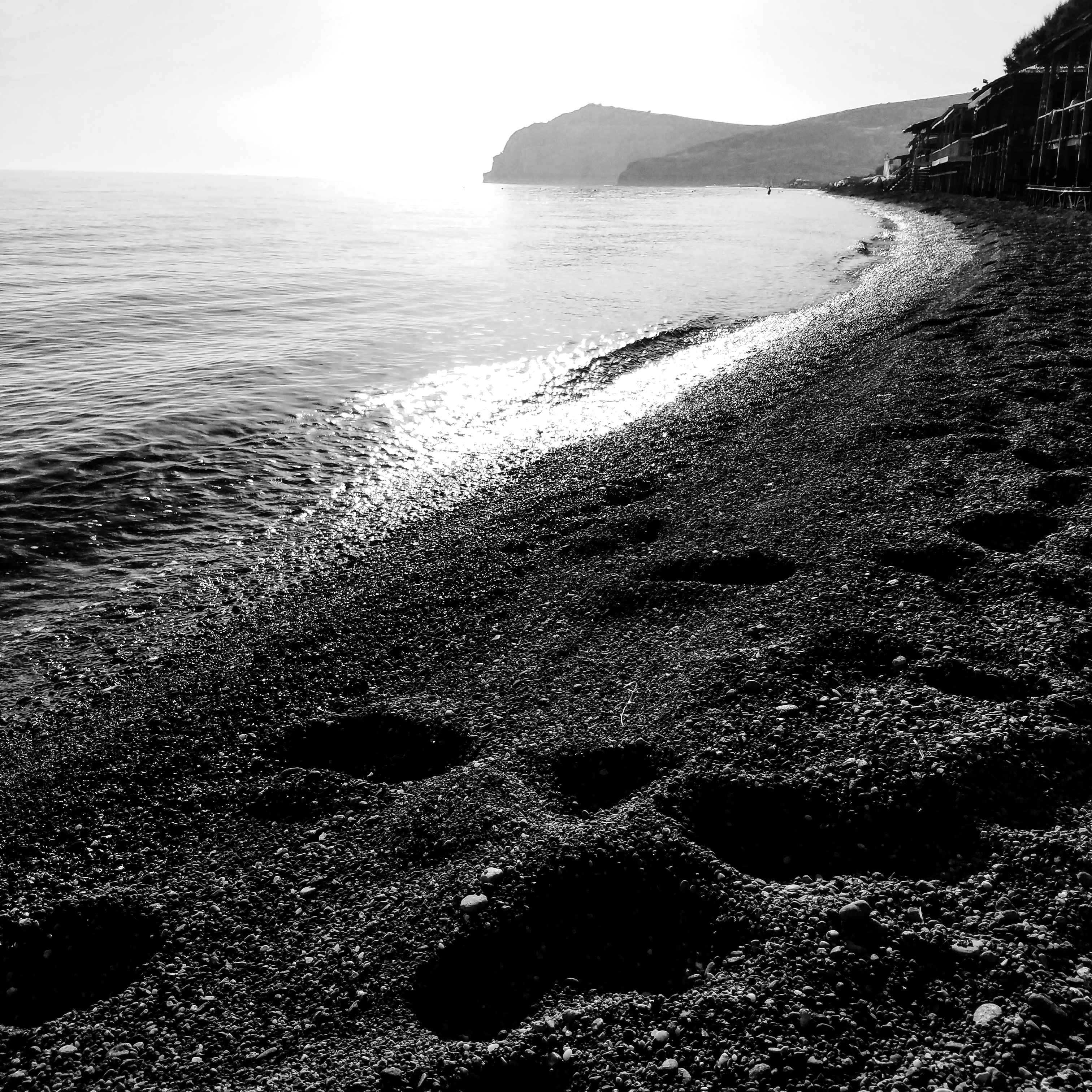
Yet, the island is beautiful indeed and rich with a multicultural history. Remnants of the Byzantine Empire and Ottoman Empire still stand strong and prominent. Young musicians play the Oud-led folk songs (Rampi! Rampi!) of their Turkish and Greek ancestors in a dimly-lit cigarette-smoked ouzo-and-raki-fueled bar off of a cobble-stoned alley near the main port of the island. Fishing boats, narrow mountain roads, monasteries, mouth-watering sausages, and beaches with crystal-clear water pepper the island. Entire towns close daily for the four hour lunch and nap break. Our appreciation of the unique culture of the island is realized in full.
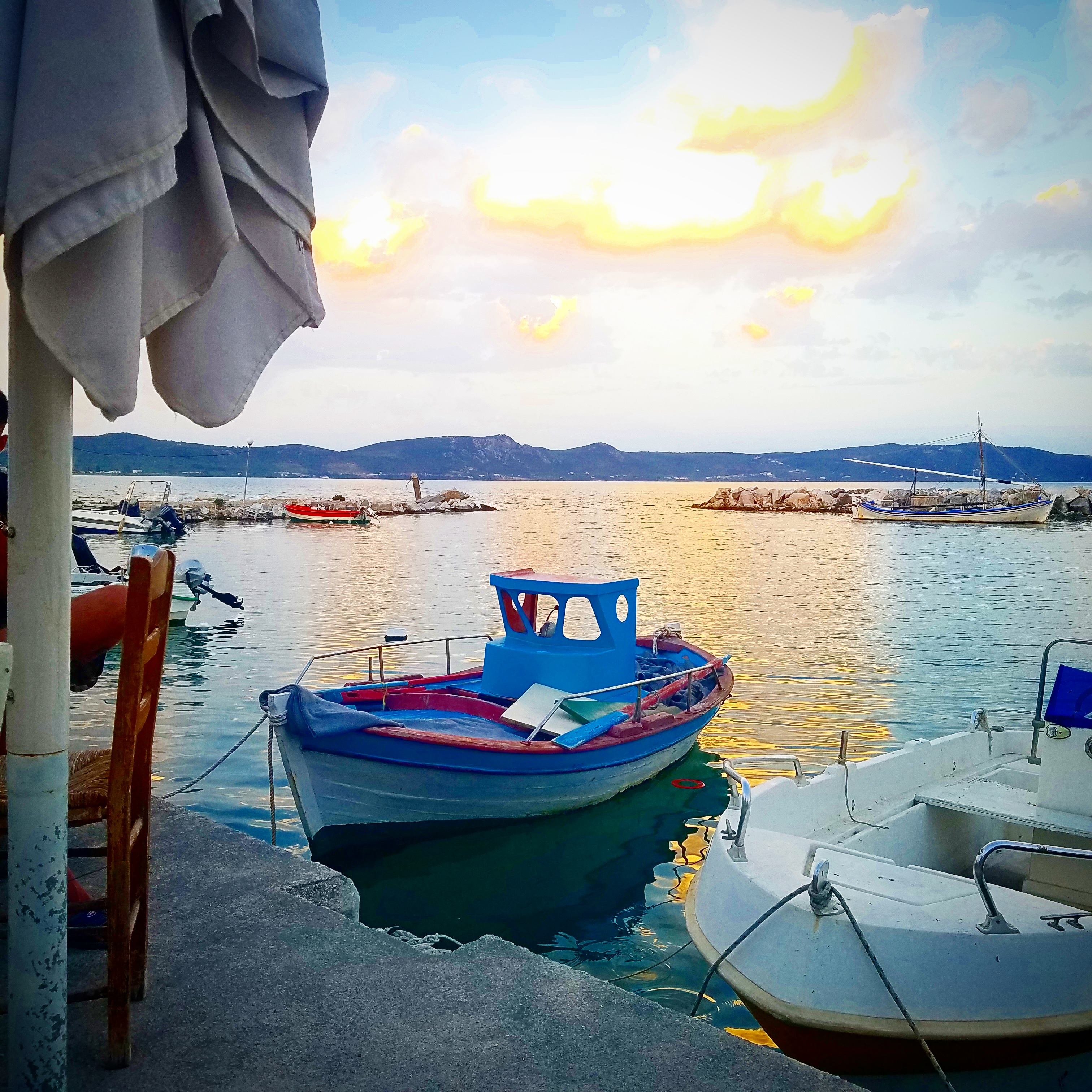
And so, our work goes on. We will continue to push through the souvlaki, sun, and snaking roads of Lesvos until our work here is finished.
